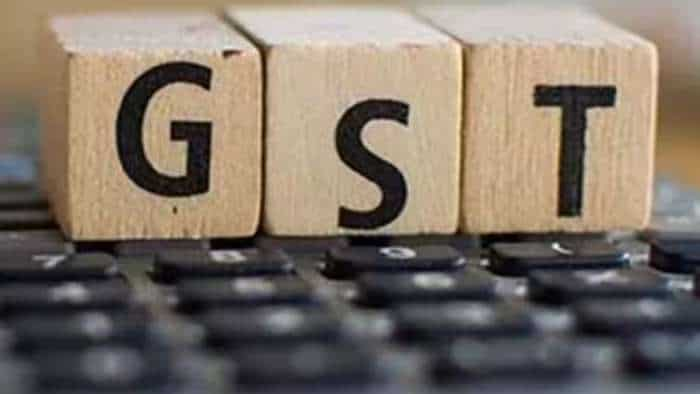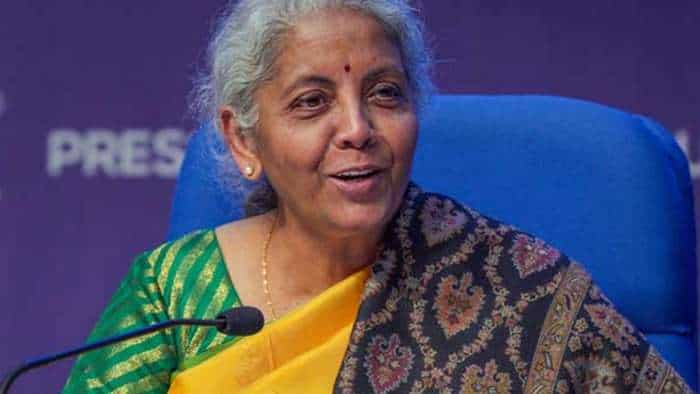IPOs weapon of choice for companies looking to raise money

Initial Public Offerings have become the go-to tool for companies to raise capital from the equity markets.
Since the beginning of financial year 2017 (FY17), 15 companies have opted for the IPO route, raising over Rs 17,000 crore in cumulative equity.
In September so far, four companies opened their IPOs – ICICI Prudential Life Insurance, the first domestic insurer to go public, opened its Rs 6,056-crore offer, the largest since Coal India's in 2010. Then there was L&T Technology's Rs 894-crore IPO; GNA Axles (Rs 130 crore), and most recently, HPL Electric & Power's Rs 361-crore IPO.
In August, Equitas Holding (Rs 2,176 crore), Thyrocare Technologies (Rs 480 crore), Ujjivan Financial Services (Rs 888 crore), Quess Corp (Rs 400 crore), Mahanagar Gas Ltd (Rs 1,040 crore), L&T Infotech (Rs 1,243 crore), SP Apparels (Rs 675 crore), Parag Milk Foods (Rs 760 crore), Advanced Enzyme Tech (Rs 412 crore), Dilip Buildcon (Rs 430 crore), and RBL Bank (Rs 1214 crore), opened their initial offers and listed their shares on the domestic equity bourses.
There are various instruments to raise money from the equity markets. They are, viz., IPOs, Follow on Public Offer (FPO), Offer For Sale (OFS), Quality Institutional Placements (QIP), Institutional Placement Programme (IPP), and Indian Depository Receipt (IDR).
Since Q1, while more and more companies opted for IPOs, the other instruments remained largely untouched.

Source: PRIME DATABASE
According to the data about 2016 from the table above, out of the 20 issues that have hit the markets up till August this year, 11 companies went for IPOs while the remaining, for OFS.
Offer For Sale (OFS) is an option available for listed companies' promoters to cut their stake by selling their existing shares or can raise funds by issuing fresh shares, or both. However, only promoters with more than 10% stake in a company can come up with such an issue.
A Follow-On Public Offer (FPO) is a public issue of shares for a listed public company.
As per the Prime Database statistics, the capital raised via IPOs, FPOs, and OFS, till August 2016, was nearly Rs 12, 939 crore. Out of this, the IPOs of the 11 aforementioned companies, raised nearly Rs 9,500 crore, while the rest was raised via OFS and FPOs.
Prime Database data for the June quarter had, however, said that nearly Rs 3,033 crore was raised via OFS, which may let us safely assume that little or no money was raised via FPOs.
Funds raised via QIPs amounted to Rs 2,759 crore, a four-year-low as of August 2016. QIP is a tool for listed companies to raise capital by issuing shares, securities or fully or partially convertible debentures to a qualified institutional buyer.
Fifth largest private lender YES Bank had revived some hopes for QIPs when it announced plans to raise $1 billion (approximately Rs 6,317 crore) but they were shelved soon the offer opened as the bank's shares tanked on alleged "misinterpretation of new QIP guidelines". YES Bank's QIP is now under the Sebi scanner.
So far in FY17, companies haven't opted for the IPP or the IDR option to raise money from the equity markets, continuing the trend since 2011-12. An IDR is a receipt, declaring ownership of shares of a foreign company. These receipts can be listed in India and traded in rupees, according to an Economic Times report.

SOURCE: PRIME DATABASE
Fund raising from IPPs has remained nil since FY16. According to the BSE, IIP is a further offer of eligible securities by an eligible seller, in which an offer allocation and allotment of such securities is made only to qualified institutional buyers.
IPPs were a preferred instrument in 2013-14, when 11 companies opted for it, and raised around Rs 4,459 crore.

SOURCE: PRIME DATABASE
In the last three months of 2016, six more companies are expected to enter the market via IPOs.
They are -- Jet Knitwears, Nandini Creation, Sakar Healthcare, Valiant Organics, Gretex Industries, and Diksat Transworld, a report from The Economic Times said.
The domestic stock markets, BSE and NSE are also in the midst of listing their shares. While the BSE will list its shares on the NSE, the NSE will do so on the BSE, since regulations in the country don't allow for exchanges to list their shares on their own platform.
As it seems, it looks IPOs are the weapon of choice for companies to boost their capital.
Get Latest Business News, Stock Market Updates and Videos; Check your tax outgo through Income Tax Calculator and save money through our Personal Finance coverage. Check Business Breaking News Live on Zee Business Twitter and Facebook. Subscribe on YouTube.
RECOMMENDED STORIES
04:28 PM IST











 18 of top 30 IPOs by size fail to generate excess returns: Report
18 of top 30 IPOs by size fail to generate excess returns: Report Preparing to float IPO to tap growth opportunities: CARS24
Preparing to float IPO to tap growth opportunities: CARS24  Inventurus Knowledge Solutions files draft papers; seeks Sebi's nod for IPO
Inventurus Knowledge Solutions files draft papers; seeks Sebi's nod for IPO  Sai Life Sciences files IPO papers with Sebi; aims to raise Rs 800-crore via fresh issue
Sai Life Sciences files IPO papers with Sebi; aims to raise Rs 800-crore via fresh issue  Bain Capital-backed Emcure Pharma to float Rs 1,952-crore IPO on July 3
Bain Capital-backed Emcure Pharma to float Rs 1,952-crore IPO on July 3